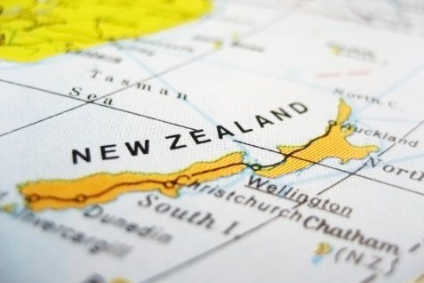
The Food Act 2014 has come into force in New Zealand with the aim of getting operators to assume greater responsibility for managing food safety.
The biggest changes focus on food production and control plans for high risk operators. The regulation outlines a national programme for lower risk operators.

Discover B2B Marketing That Performs
Combine business intelligence and editorial excellence to reach engaged professionals across 36 leading media platforms.
The law, effective 1 March, applies to a wide range of businesses including any that make, sell, grow or transport food commercially.
Scott Gallacher, deputy director-general regulation and assurance, at the Ministry for Primary Industries, said the new law will make it easier for businesses to ensure their food is safe.
“The new law is designed to help businesses and consumers. It moves from a one-size-fits-all approach, to one that regulates businesses according to risk. This will help keep regulation and costs down for many businesses, especially lower risk businesses, like those who grow fruit and vegetables or sell only pre-packed food,” said Gallacher.
“By focusing on what’s most important to food safety, the law will help ensure safer food for consumers. At the same time, keeping costs down for businesses will also keep costs down for consumers. “The new law also introduces other measures to help businesses keep time and costs down. For example, those who manage food safety well will need less frequent checks.”

US Tariffs are shifting - will you react or anticipate?
Don’t let policy changes catch you off guard. Stay proactive with real-time data and expert analysis.
By GlobalDataExisting food businesses will have a three year transition period in which to start making changes.





